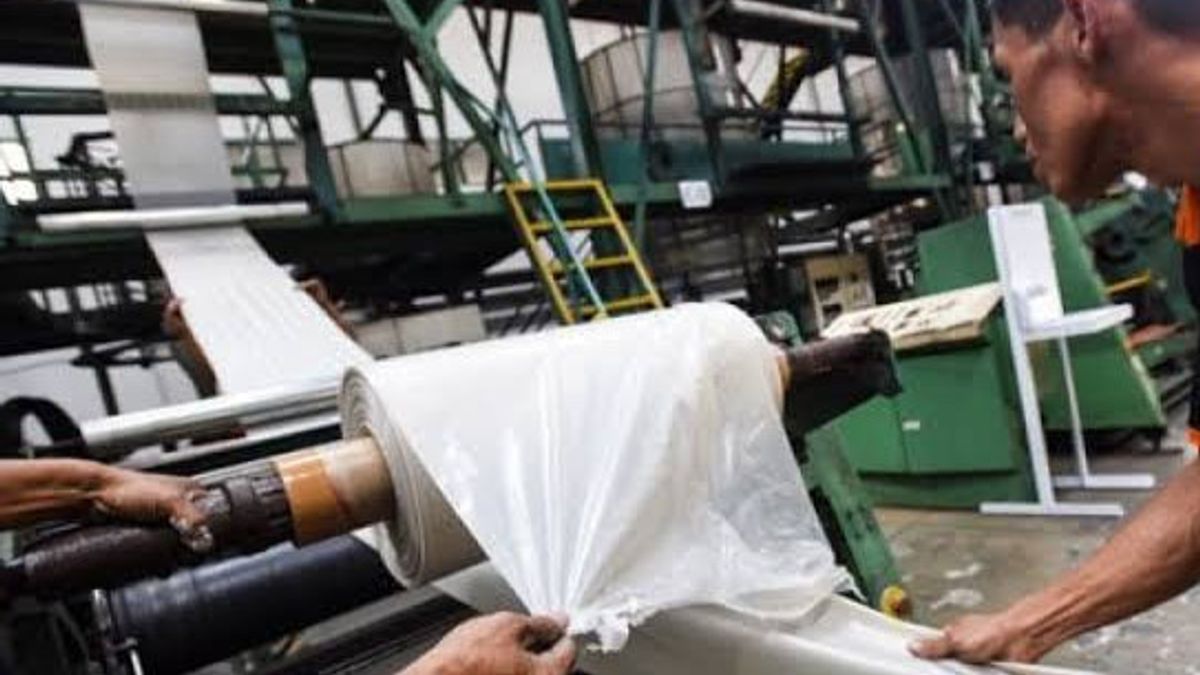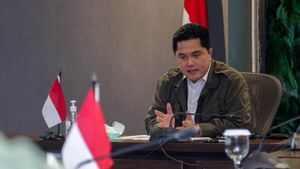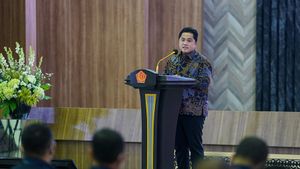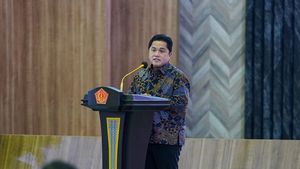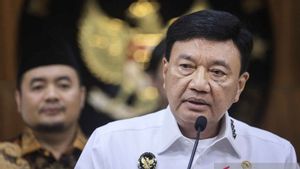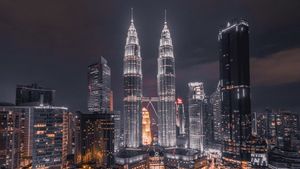JAKARTA - The performance of the Indonesian Olefin, Aromatic and Plastic Industry grew impressively in early 2023. This condition cannot be separated from the role of government policy which sets a Specific Natural Gas Price (HGBT) at US$6 per MMBTU.
According to Suhat Miyarso, Chairman of the Association of Indonesian Olefin, Aromatic and Plastic Industries (INAPLAS), the US$6 per MMBTU HGBT policy has succeeded in strengthening the domestic industry in increasing competitiveness so that it can recover after the COVID-19 pandemic. One of the benchmarks is the increase in production utilization, which was originally 90 percent in early 2020 to 100 percent in early 2023.
In fact, said Suhat, INAPLAS members managed to record sales to the domestic market rising to 68 percent. In addition, export sales have also increased by 40 percent compared to early 2020.
"The increase in sales and performance is also in line with the increase in absorption of natural gas from PT Perusahaan Gas Negara Tbk (PGAS) or PGN and other suppliers by an average of 123 percent until the end of 2022 from an allocated volume of 485 thousand BBTUD", said Suhar in his official statement, quoted Sunday April 16th.
Not only that, Suhat explained, the HGBT policy of US$6 per MMBTU also indirectly provided an opportunity for INAPLAS member industries to provide benefits to the country. Among them, tax receipts of up to IDR 1.69 trillion and dividend receipts of IDR 1.3 trillion in 2022.
In addition, said Suhat, INAPLAS members succeeded in absorbing 18,000 direct workers for industrial sustainability and 5,771 indirect workers.
"Including investment continuity in the Petrochemical sector which is currently being carried out by INAPLAS member industries with a total investment value of US$18 billion or IDR 270 trillion. This investment is planned to double the capacity of the national Petrochemical Industry to 16 thousand KTA", he said.
Suhat also said, INAPLAS could push the priority industrial development plan for import substitution. Starting from new investments on a global scale that produce chlor alkaline, ethylene di chloride, aromatic benzene, toluene and xylene for raw materials for pharmaceutical drugs, solvents and textiles.
另请阅读:
Under these conditions, Suhat also stated, INAPLAS hopes that the government will continue to maintain the HGBT policy. The reason, of course, is because it has been proven to increase the competitiveness of the Petrochemical Industry amidst the onslaught of imported goods and raw materials.
However, he also emphasized that currently the Petrochemical industry has not fully recovered due to the geopolitical impact of the wars in Russia and Ukraine which had a negative effect on the global economy.
"In addition, with the existence of this HGBT policy, it is hoped that it will be able to support the expansion of the Petrochemical Industry to be able to substitute imported goods", said Suhat.
The English, Chinese, Japanese, Arabic, and French versions are automatically generated by the AI. So there may still be inaccuracies in translating, please always see Indonesian as our main language. (system supported by DigitalSiber.id)
